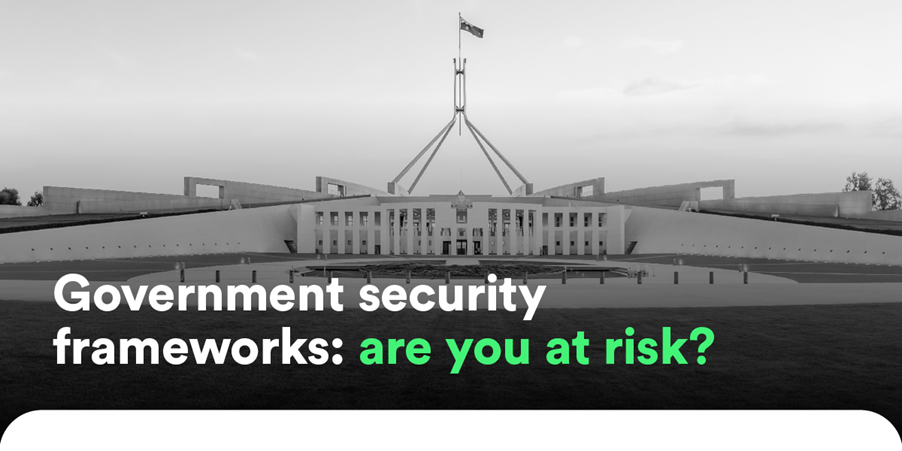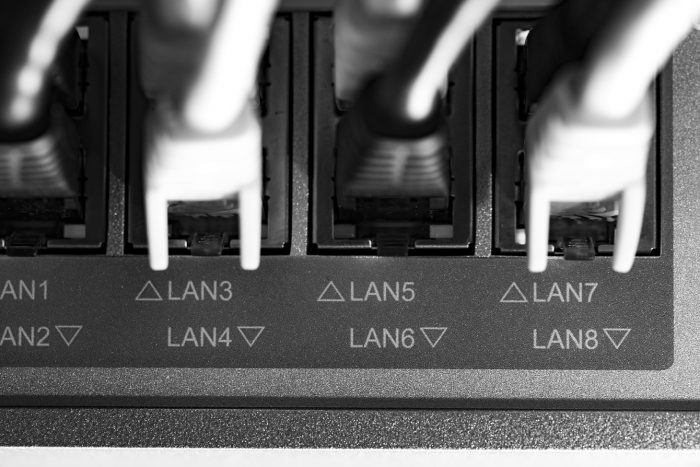Government security frameworks: are you at risk?

It’s in the Australian government’s interest to keep critical data safe, even when it belongs to private companies. Let’s take a look at an important Federal Government Act: how it can help, and whether non-compliance can harm your organisation.
Navigating the ever-shifting landscape of cybersecurity compliance
The Australian Government recognises the impact cyberattacks can have on businesses. With cyberattacks on the rise globally, they’re focussing on bolstering Australia’s cyber resilience by strengthening government frameworks and legislation. This means certain companies need to operate with robust, compliant defence against threats which continue to evolve.
The Security of Critical Infrastructure Act
One crucial part of the government’s strategy is the Security of Critical Infrastructure Act (SOCI Act). This act, introduced in 2018, sets clear guidelines to ensure compliance with critical infrastructure protection policies. By enforcing these policies, the impact of cybercrime can be significantly reduced – and contained effectively when it does occur.
But what does this mean for your company’s day-to-day operations and security strategy?
Understanding the SOCI Act
The SOCI Act mandates compliance with a set of policies designed to safeguard critical infrastructure from cyberattacks. Here are its three main objectives:
- Shoring up critical infrastructure: the act outlines specific processes operators need to follow to keep their assets secure.
- Enhanced reporting: organisations are required to provide specific data to ensure effective national security risk management.
- Taking action against threats: the Government has defined powers to respond to cyber threats within Australian companies.
The act has a wide reach, applying to a broad spectrum of industries across eleven sectors. This means many larger Australian companies fall under its regulations.
The SOCI Act: a double-edged sword?
The SOCI Act is all about strengthening national cybersecurity. But it can also present challenges to individual organisations. Here are some to be aware of:
- Compliance – a resource drain: maintaining compliance can be intricate and resource-intensive. The act often requires upgrades to processes and systems, which can be costly.
- The sting of non-compliance: penalties for non-compliance can be severe. Organisations need not only to grasp the act’s requirements but also ensure timely implementation and ongoing maintenance.
- Reporting onus: a proactive approach fulfilling reporting requirements necessitates a proactive cybersecurity strategy alongside tools and channels specifically designed to feed data to the government.
- Government takeover: as a last resort in the event of a serious data breach, the Government can intervene and take control of incident management if it deems a company non-compliant.
Learn more, be ready.
The landscape of cybersecurity compliance can be daunting because the threat landscape never stays still. But by understanding the SOCI Act and its implications, companies can navigate these challenges and build a more robust cybersecurity strategy.
Learn more about the SOCI Act here: https://www.cisc.gov.au/legislation-regulation-and-compliance/soci-act-2018




